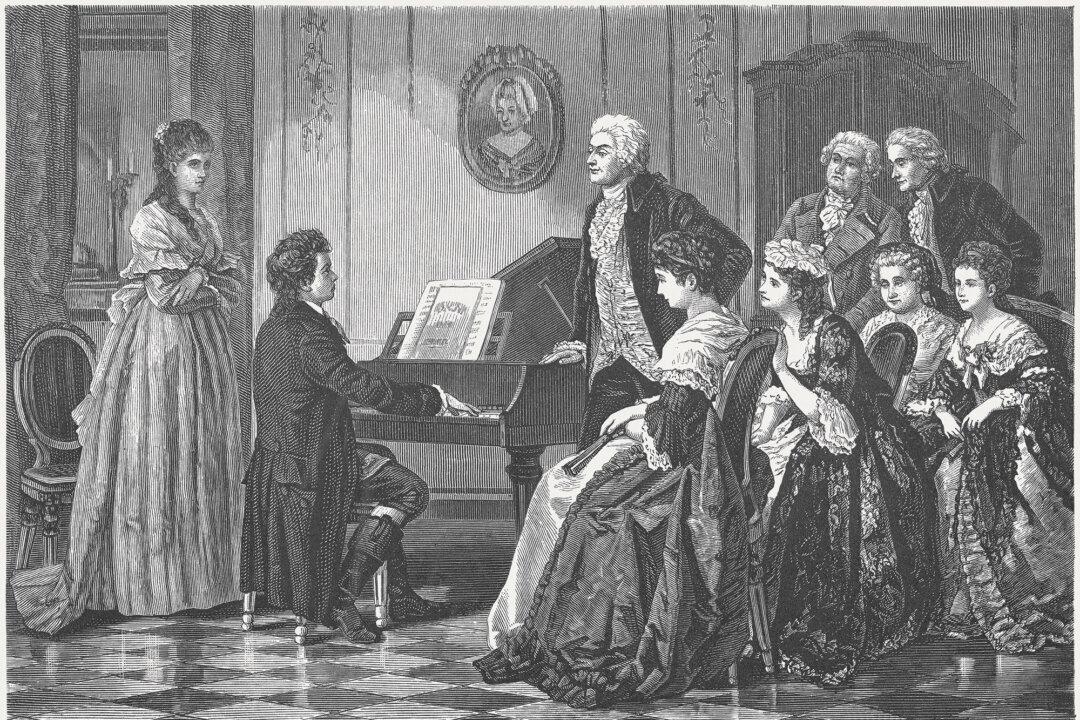In the list of the greatest musical geniuses of all time, the German composer and pianist Ludwig van Beethoven takes a high place, if not the highest. With his innovative and poignant symphonies, sonatas, and quartets, Beethoven played a pivotal role in Western music’s transition from the Classical to the Romantic age.
Not only did Beethoven widen the scope of what was possible in music—he did it while battling against growing deafness, even composing some of his greatest works after his hearing was gone. And he accomplished all this as history’s first freelance composer, unbeholden to any form of court patronage.






